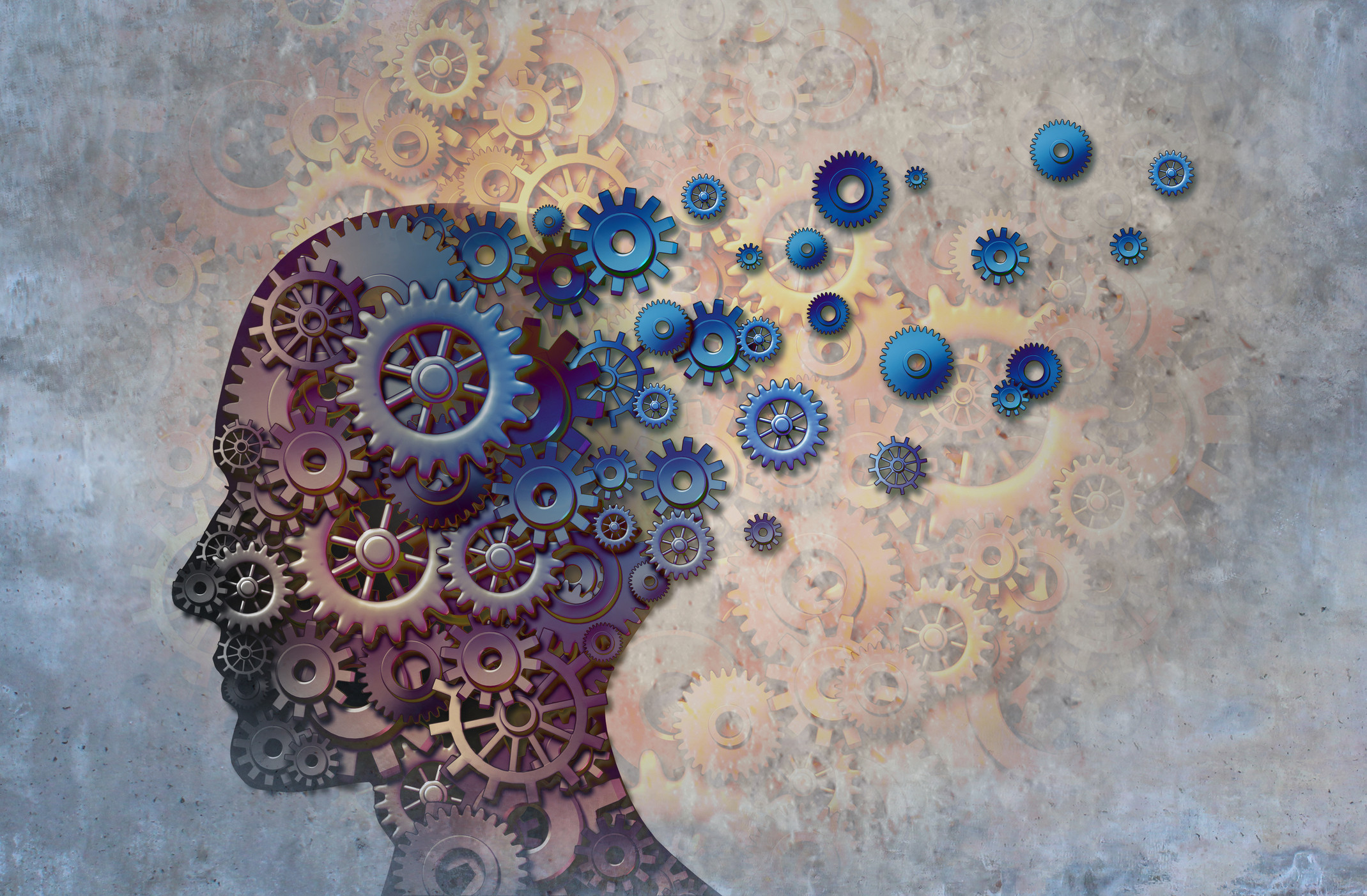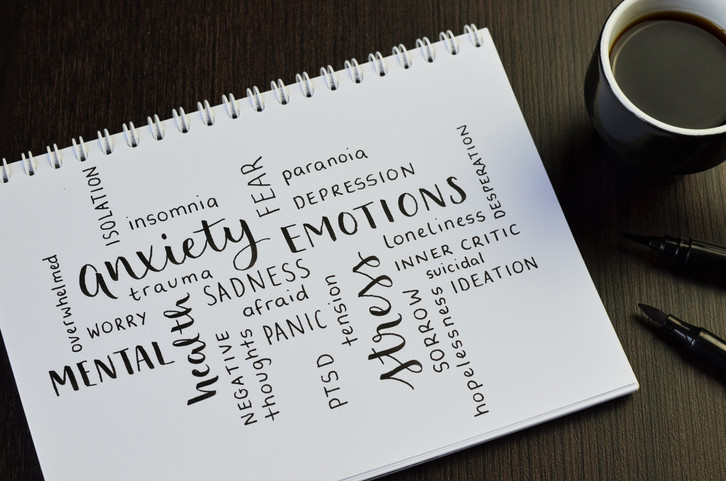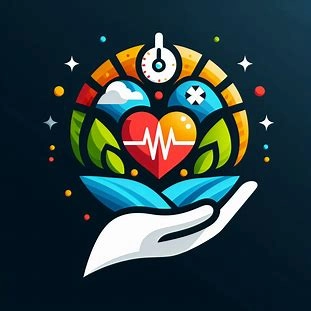Select a category


Alzheimer's disease and other illnesses that cause dementia are devastating, not only for those affected but also for their friends and family. For most forms of dementia, there is no highly effective treatment. For example, available treatments for Alzheimer's disease may slow the deterioration a bit, but they don't reverse the condition. In fact, for most people taking medications for dementia, it may be difficult to know if the treatment is working at all.
Experts predict that dementia will become much more common in the coming years. We badly need a better understanding of the cause of these conditions, as this could lead to better treatments and even preventive measures.
New research links certain medications to dementia risk
A new study raises the possibility that certain medications may contribute to the risk of developing dementia.
The focus of this study was on medications with "anticholinergic" effects. These are drugs that block a chemical messenger called acetylcholine, which affects muscle activity in the digestive and urinary tracts, lungs, and elsewhere in the body. It's also involved in memory and learning.
Many medications have at least some anticholinergic effects, and it's estimated that up to half of older adults in the US take one or more of these medications. Common examples include:
In this new study, researchers collected detailed information from more than 300,000 adults ages 65 and older, and compared medication use among those diagnosed with dementia with those who were not. Those who had taken any medication with anticholinergic activity were 11% more likely to be eventually diagnosed with dementia; for those drugs with the most anticholinergic effects, the risk of dementia was 30% greater. The largest impact was found for drugs commonly taken for depression, bladder problems, and Parkinson's disease; for antihistamines, and some other anticholinergic drugs, no increased risk of dementia was observed.
So should you be worried about your medications and dementia?
These findings are intriguing but they aren't definitive, and they don't mean you should stop taking a medication because you're concerned about developing dementia.
First, this study found that use of certain medications was more common in people later diagnosed with dementia. That doesn't mean these drugs caused dementia. There are other potential explanations for the findings. For example, some people develop depression during the early phases of dementia. Rather than antidepressants causing dementia, the medication might be prescribed for early symptoms of dementia that has already developed. This is called "confounding by indication" and it's a potential flaw of studies like this one that attempt to link past medication use with future disease.
Another reason to be cautious about these results is that they cannot be used to estimate the impact of medication use on an individual person's risk of dementia. This type of study looks at the risk in a large group, but individual factors (such as smoking or being sedentary) may have a much bigger impact on dementia risk.
Still, there is reason to be concerned about the possibility that anticholinergic drugs contribute to the risk of dementia. Acetylcholine is involved in memory and learning, and past research has demonstrated lower levels of acetylcholine in the brains of people with Alzheimer's disease (the most common cause of dementia in the elderly). In addition, animal studies suggest that anticholinergic drugs may contribute to brain inflammation, a potential contributor to dementia.
What's next?
Additional research will undoubtedly provide more information about the potential impact of medication use on dementia risk. In the meantime, it's a good idea to review the medications you take with your doctor before making any changes.
And keep in mind that you may be able to reduce your risk of dementia by not smoking, getting regular exercise, and sticking to a healthy diet (that is rich in fiber, fruits, vegetables, and omega-3 fatty acids). Get your blood pressure and lipids checked regularly, and follow your doctor's advice about ways to keep them in an optimal range.
The use of any medication comes with potential risks and benefits. This recent research linking certain medications with dementia risk reminds us that the risks of some medications are only uncovered years after their use becomes commonplace.
Follow me on Twitter @RobShmerling
Source: Harvard Health Publishing



Over the course of a lifetime, as many as seven in 10 adults in the United States will directly experience or witness harrowing events. These include gun violence, car accidents, and other personal trauma; natural or human-made disasters, such as Hurricane Katrina and the 9/11 terrorist attacks; and military combat. And some — though not all — will experience post-traumatic stress disorder, or PTSD.
New guidelines released in 2024 can help guide effective treatment.
What is PTSD?
PTSD is a potentially debilitating mental health condition. It's marked by recurrent, frightening episodes during which a person relives a traumatic event.
After a disturbing event, it's normal to have upsetting memories, feel on edge, and have trouble sleeping. For most people, these symptoms fade over time. But when certain symptoms persist for more than a month, a person may be experiencing PTSD.
These symptoms include
The National Center for PTSD offers a brief self-screening test online, which can help you decide whether to seek more information and help.
Who is more likely to experience PTSD?
Not everyone who experiences violence, disasters, and other upsetting events goes on to develop PTSD. However, military personnel exposed to combat in a war zone are especially vulnerable. About 11% to 20% of veterans who served in Iraq or Afghanistan have PTSD, according to the National Center for PTSD.
What about people who were not in the military? Within the general population, estimates suggest PTSD occurs in 4% of men and 8% of women — a difference at least partly related to the fact that women are more likely to experience sexual assault.
What are the new guidelines for PTSD treatment?
Experts from the U.S. Department of Veterans Affairs and Department of Defense collaborated on new guidelines for treating PTSD. They detailed the evidence both for and against specific therapies for PTSD.
Their findings apply to civilian and military personnel alike, says Dr. Sofia Matta, a psychiatrist at Harvard-affiliated Massachusetts General Hospital and senior director of medical services at Home Base, a nonprofit organization that provides care for veterans, service members, and their families.
The circle of care is widely drawn for good reason. "It's important to recognize that PTSD doesn't just affect the person who is suffering but also their families and sometimes, their entire community," Dr. Matta says. The rise in mass shootings in public places and the aftermath of these events are a grim reminder of this reality, she adds.
Which treatment approaches are most effective for PTSD?
The new guidelines looked at psychotherapy, medications, nondrug therapies. Psychotherapy, sometimes paired with certain medicines, emerged as the most effective approach.
The experts also recommended not taking certain drugs due to lack of evidence or possible harm.
Which psychotherapies are recommended for PTSD?
The recommended treatment for PTSD, psychotherapy, is more effective than medication. It also has fewer adverse side effects and people prefer it, according to the guidelines.
Which type of psychotherapy can help? Importantly, the most effective therapies for people with PTSD differ from those for people with other mental health issues, says Dr. Matta.
Both cognitive processing therapy and prolonged exposure therapy were effective. These two therapies teach people how to evaluate and reframe the upsetting thoughts stemming from the traumatic experience. The guidelines also recommend mindfulness-based stress reduction, an eight-week program that includes meditation, body scanning, and simple yoga stretches.
Which medications are recommended for PTSD?
Some people with severe symptoms need medication to feel well enough to participate in therapy. "People with PTSD often don't sleep well due to insomnia and nightmares, and the resulting fatigue makes it hard to pay attention and concentrate," says Dr. Matta.
Three medicines commonly prescribed for depression and anxiety — paroxetine (Paxil), sertraline (Zoloft), and venlafaxine (Effexor) — are recommended. Prazosin (Minipress) may help people with nightmares, but the evidence is weak.
Which medications are not recommended for PTSD?
The guidelines strongly recommended not taking benzodiazepines (anti-anxiety drugs often taken for sleep). Benzodiazepines such as alprazolam (Xanax) and clonazepam (Klonopin) offer no proven benefits for people with PTSD. They have several potential harms, including negative cognitive changes and decreased effectiveness of PTSD psychotherapies.
What about cannabis, psychedelics, and brain stimulation therapies?
Right now, evidence doesn't support the idea that cannabis helps ease PTSD symptoms. And there are possible serious side effects from the drug, such as cannabis hyperemesis syndrome (severe vomiting related to long-term cannabis use).
There isn't enough evidence to recommend for or against psychedelic-assisted therapies such as psilocybin (magic mushrooms) and MDMA (ecstasy). "Because these potential therapies are illegal under federal law, the barriers for conducting research on them are very high," says Dr. Matta. However, recent legislative reforms may make such studies more feasible.
Likewise, the evidence is mixed for a wide range of other nondrug therapies, such as brain stimulation therapies like repetitive transcranial magnetic stimulation or transcranial direct current stimulation.
Source: Harvard Health Publishing

Justice Ahmad Liman of the Federal High Court sitting in Kano has issued an order suspending the implementation of the amended Kano Emirate law of 2024.
With the order of the court, the reinstatement of Muhammadu Sanusi II as Emir of Kano will be put on hold.
According to a suit filed by Alhaji Aminu Bappa Dan Agundi (Sarkin Dawaki Babba) against the Kano State government before the court, the Applicant prayed for an order to suspend the implementation of the new law made by the Kano State House of Assembly.
Leadership reports that after listening to the Applicant, the court ordered that the implementation and the operation of the Kano State Emirate Council (Repeal) Law, 2024 (1445 A.H) be suspended.
Justice Liman ordered that, “An order of Interim Injunction of this Honourable Court suspending not giving effect to, not implementing the Operation of the Kano State Emirate Council (Repeal) Law 2024 (1445 A.H), as they affect all offices and institutions of all the Emirate Councils created under the provision of Kano State Emirate Council Law, 2019, (1441 A.H).
An order of Interim Injunction of this Honourable Court restraining the 5th – 8th Respondents from enforcing, executing, implementing and operationalising the Kano State Emirate Council (Repeal) Law 2024.
In the alternative to relief 3 above, an Order of Interim Injunction of this Honourable court for the maintenance and preservation of the subject matter and or the preservation of the status quo by all parties to this suit, pending the hearing and determination of the plaintiff/applicant’s Originating motion before this Honourable Court as well as AN ORDER of accelerated hearing on this matter.”

Actor Yul Edochie has revealed that he took Jnr Pope like a brother but he repeatedly st@bbed him in the back.
He said he deliberately held his till after his b¥rial because he repeated st@b his back and he will give details soon.

Singer Portable has splashed millions on a new Benz, days after he was arrested for allegedly owing a car dealer N14 million.
He said as they are chasing him he is busy chasing dreams.

 Healthwatch
Healthwatch Frankkie01
Frankkie01 Instablog9ja
Instablog9ja